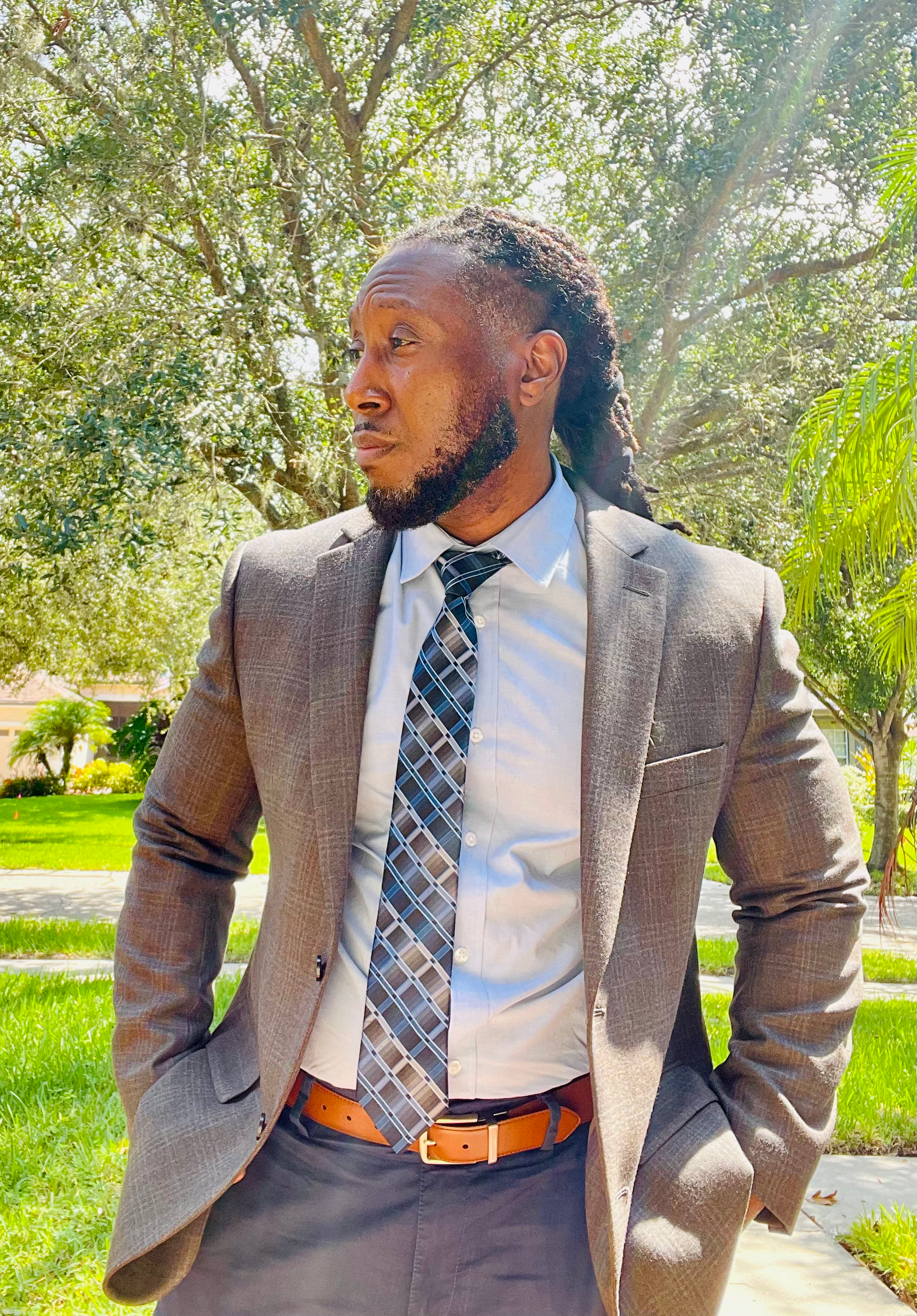Changing Hurtful Behaviors
- Dr. Roy Mitchell

- Jan 29, 2023
- 2 min read

Changing Hurtful Behaviors
With so much negativity in our society today, such as war, gun violence, police brutality, and so forth, it may be difficult or discouraging to find ways to change undesired behaviors within ourselves. We must continue to "fight the good fight" and work towards becoming better for ourselves, our families, and our communities. We all have insecurities, secrets, and things we wish we could change about ourselves for the better, but the question is, how do you begin to change a behavior that is entrenched in your psyche? How do you stop yourself from falling into the same toxic pattern you may be accustomed to?
We must identify the behavior we want to change, such as drug addiction, alcoholism, poor emotional control, or engagement in unhealthy relationships. Next, we have to determine where we are mentally regarding our desire or need to change. We accomplish this task by understanding where we are in the Transtheoretical Model, also known as the six stages of change (Prochaska & DiClemente, 1983). Those six stages include:
1. Precontemplation: You have no intentions to change your behavior in the next six months.
2. Contemplation: You plan to change your behavior in the next six months.
3. Preparation: You plan to take action in the next month.
4. Action: You are actively engaged in behavior change.
5. Maintenance: You have maintained the desired change for six months and focused on relapse prevention.
6. Termination: You are confident that your chance of relapse is low.
Determine where you rank in the six stages of change and begin to work towards a better you and a better future. Based on this model, three factors influence change. They are decisional balance (i.e., strength in your belief about the pros and cons of changing), self-efficacy (i.e., the confidence a person has in his/hers ability to change and avoid relapse), and temptation (i.e., the intensity of the urge to engage in the undesired behavior). Think about how the specific factors of change influence your decision to change and lock on to it. We are all human, nobody is perfect, and we all are works in progress. However, if you are struggling with things affecting your health, relationships, or freedom, you should be proactive and vigilant in changing. We hope this blog was helpful; please comment and let us know your thoughts.
Prochaska, J. O., & DiClemente, C. C. (1983). Stages and processes of self-change of smoking: Toward an integrative model of change. Journal of Consulting and Clinical Psychology, 51(3), 390–395. https://doi.org/10.1037/0022-006X.51.3.390








Comments